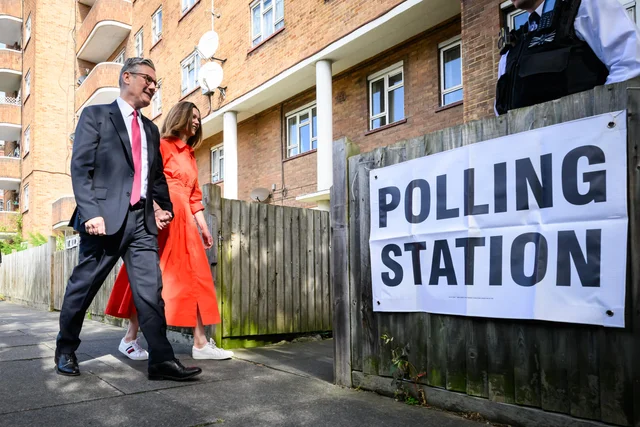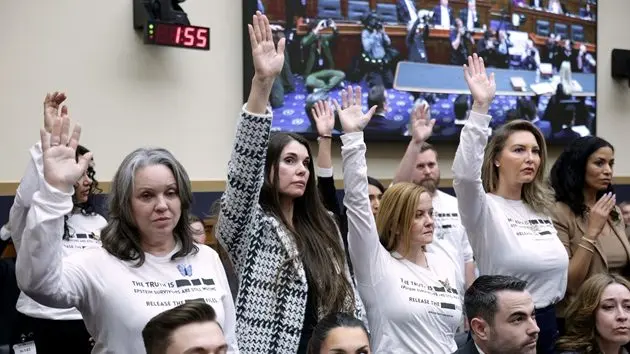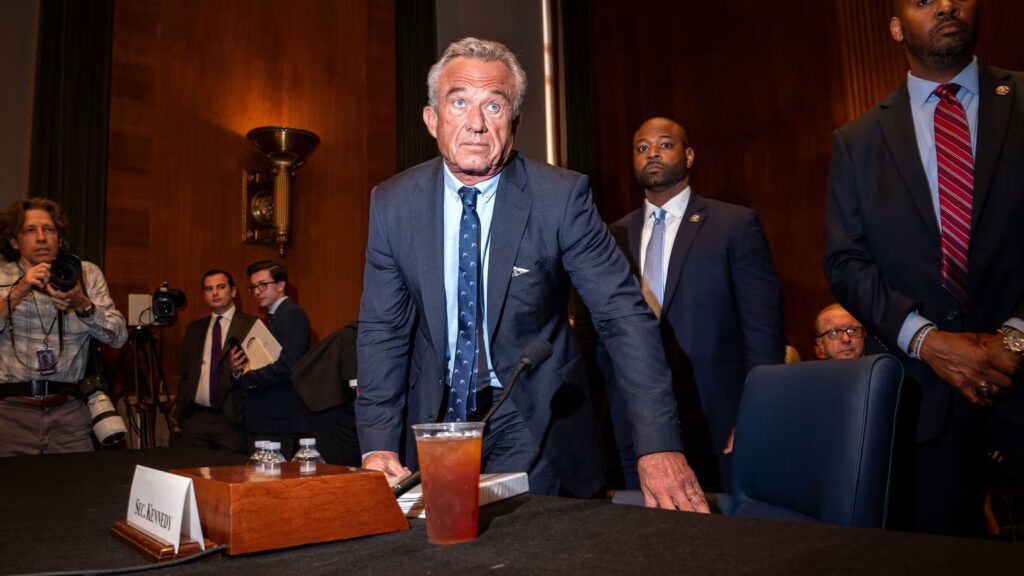UK to Lower Voting Age to 16 in Landmark Electoral Reform

UK Lowers Voting Age to 16 in Major Push to Boost Democratic Participation
The United Kingdom will lower its national voting age from 18 to 16 before the next general election, which must be held by 2029, the government announced Thursday. The move is part of a sweeping set of reforms aimed at revitalizing British democracy and increasing voter participation.
The decision follows through on a key pledge by the Labour Party, which won the general election in July 2024. Scotland and Wales already allow 16- and 17-year-olds to vote in local and regional elections, but this change marks a nationwide shift for Parliamentary elections.
Aligning with Global Youth Voting Trends
By lowering the voting age, Britain joins countries such as Austria, Brazil, and Ecuador, where 16-year-olds can already cast ballots. Several European Union nations — including Belgium, Germany, and Malta — also permit younger voters in European Parliament elections.
While supporters argue the measure empowers youth and boosts civic engagement, some experts remain cautious. Dr. Stuart Fox, a politics lecturer at the University of Exeter, noted that “lowering the voting age alone doesn’t guarantee higher turnout among young people.”
Other Key Democratic Reforms
The age change is part of a broader democratic reform package that also includes:
-
Automatic voter registration, streamlining the sign-up process.
-
Expanded voter ID options, including the use of bank cards at polling places.
-
Stricter campaign finance rules to block foreign interference and limit donations from anonymous shell companies.
-
Tougher penalties for those convicted of intimidating political candidates.
These steps are seen as an effort to modernize the UK’s electoral system and rebuild trust after years of declining participation.
Addressing Past Voter Suppression Concerns
The former Conservative government introduced a photo ID requirement in 2022 to reduce fraud. However, critics said the rule disproportionately affected young people, low-income voters, and ethnic minorities. The Electoral Commission estimated that 750,000 people were unable to vote in the 2024 general election due to ID issues.
That election saw a 59.7% turnout, the lowest in over 20 years, prompting calls for immediate action.
“Biggest Reform Since 1969”
Angela Rayner, the UK’s Deputy Prime Minister, called the voting age reduction “the biggest reform to our electoral system since 1969,” when the age was lowered from 21 to 18.
“For too long, public trust in our democracy has been damaged,” she said. “We’re taking action to ensure more people can participate.”
The full reform package still requires Parliamentary approval, but Labour’s majority is expected to secure passage in the coming months.
Source: The HuffPost
: 239







